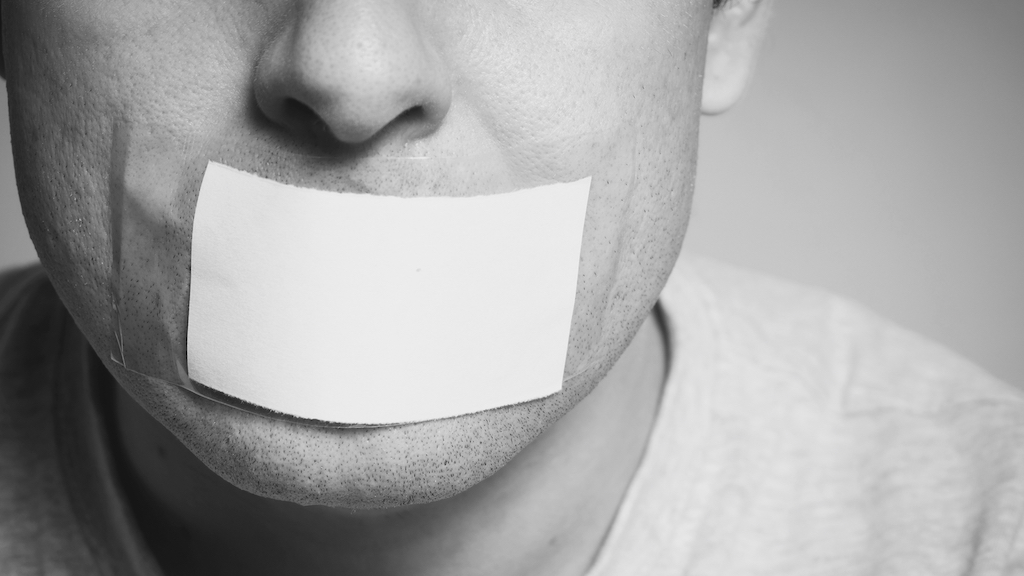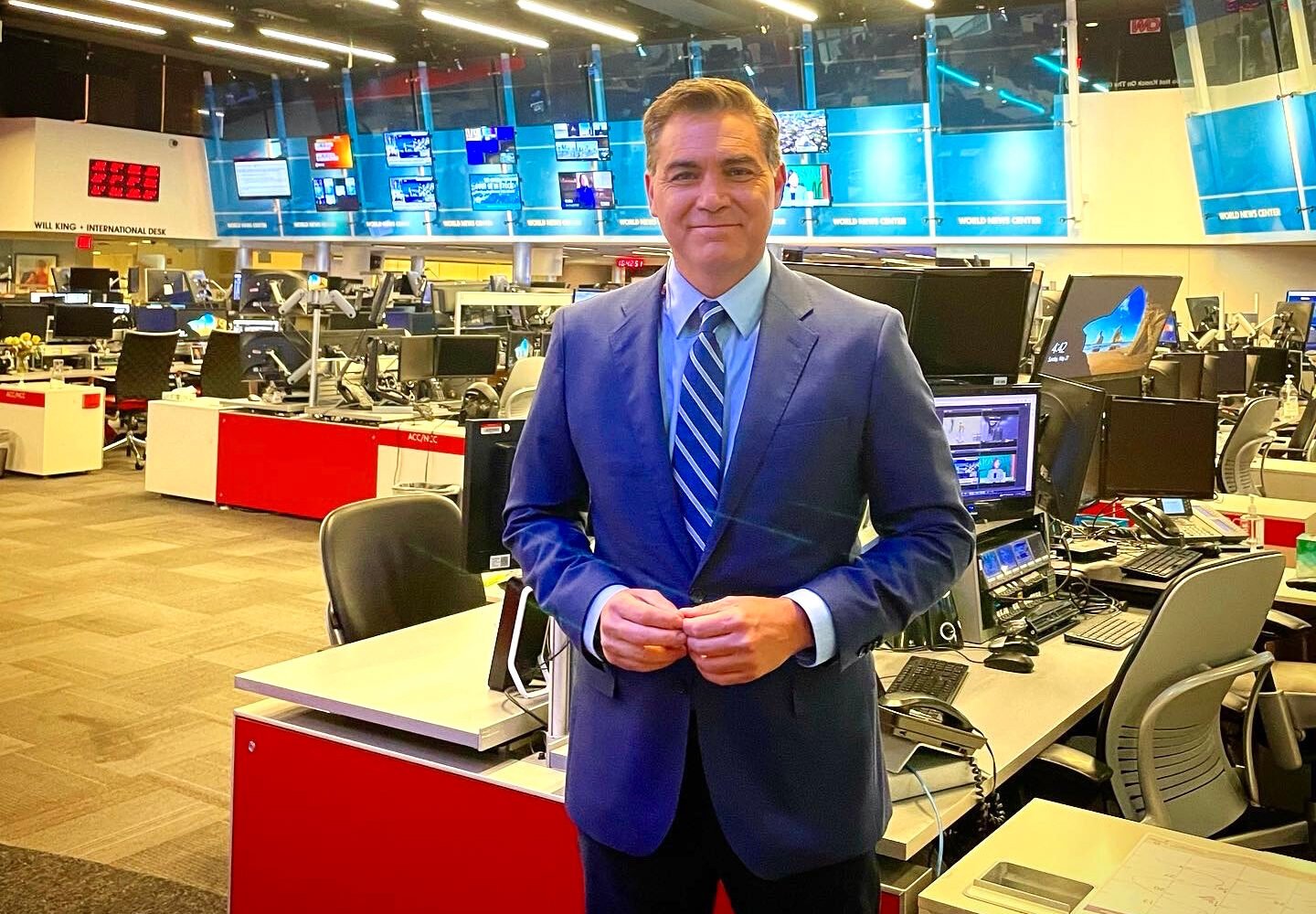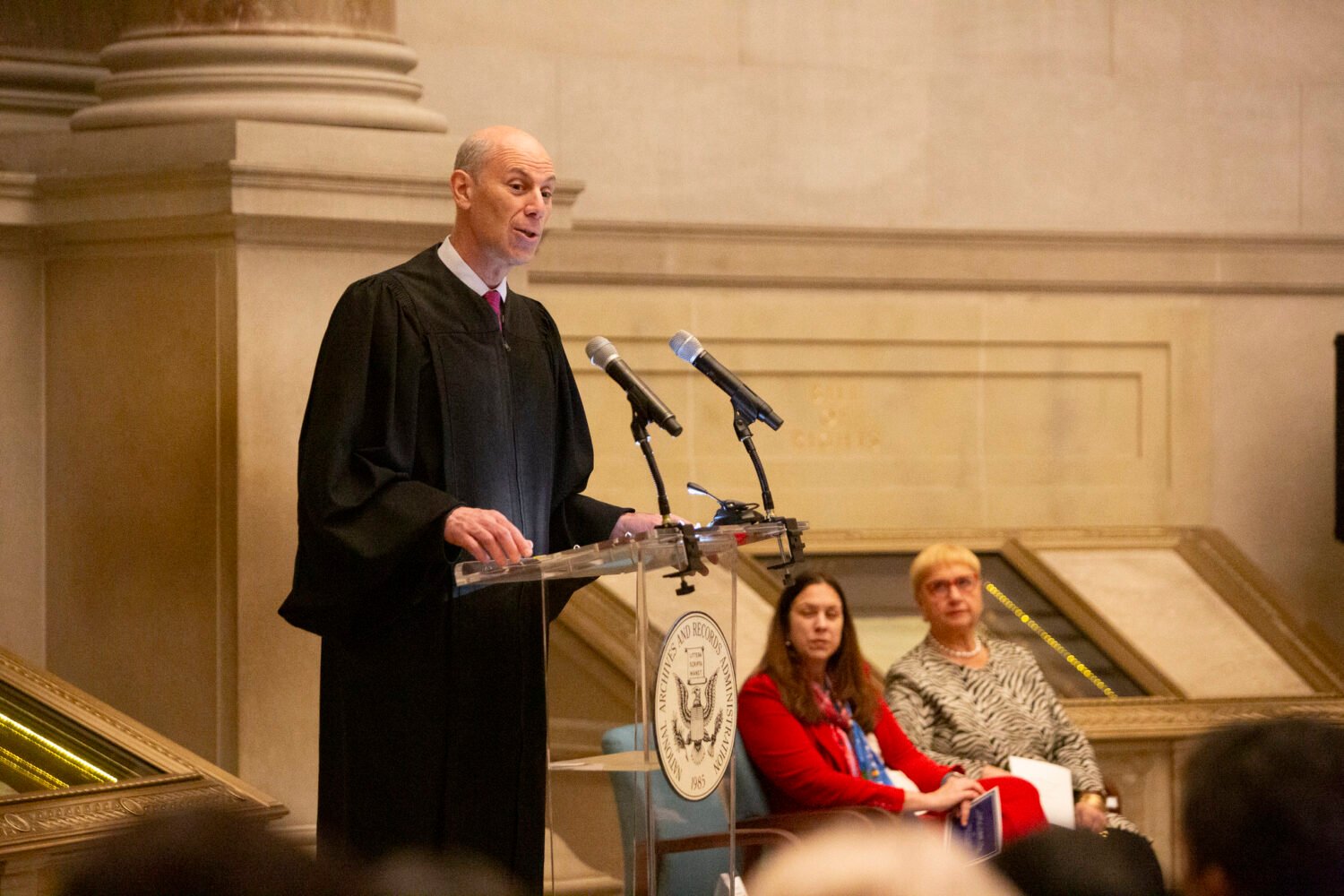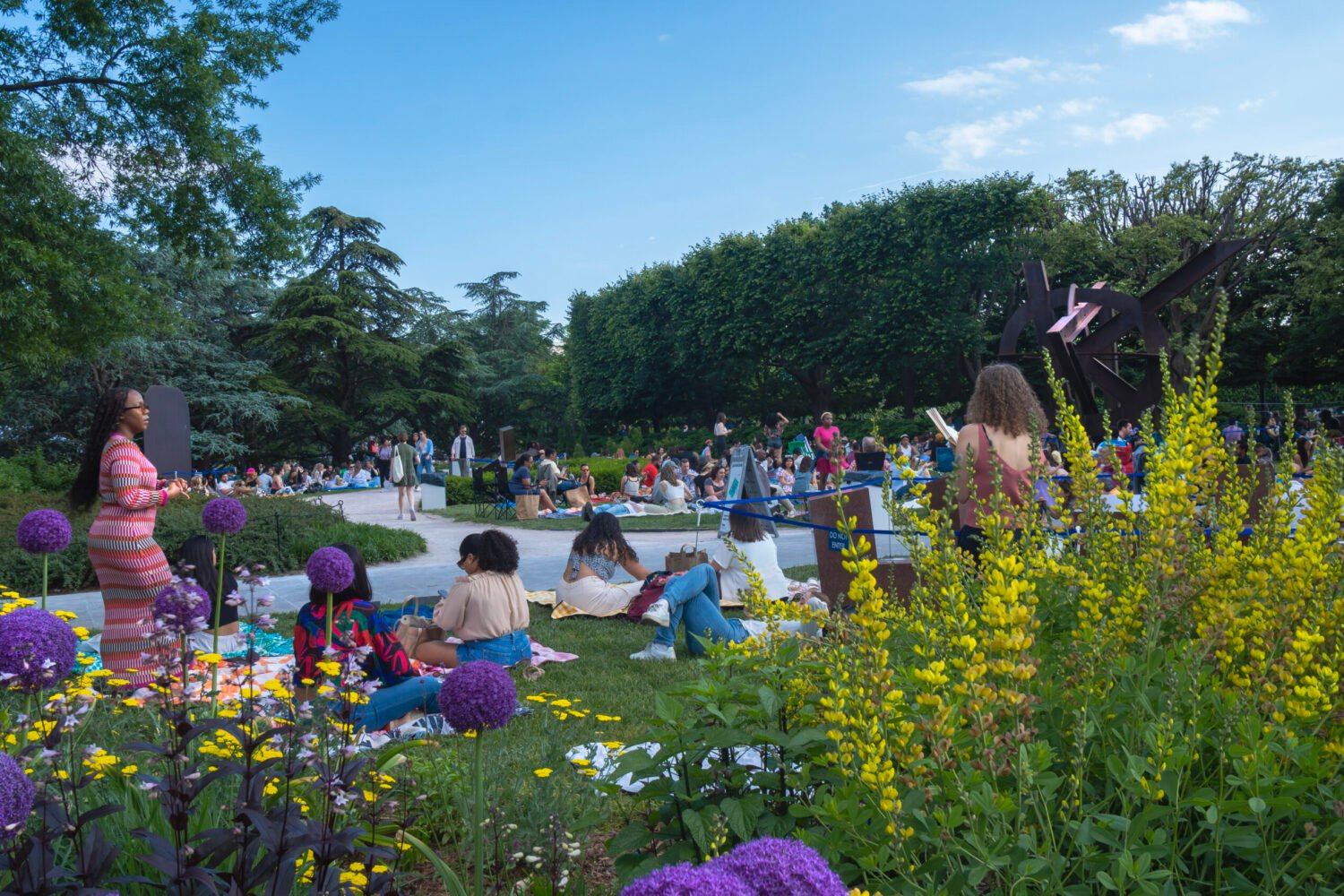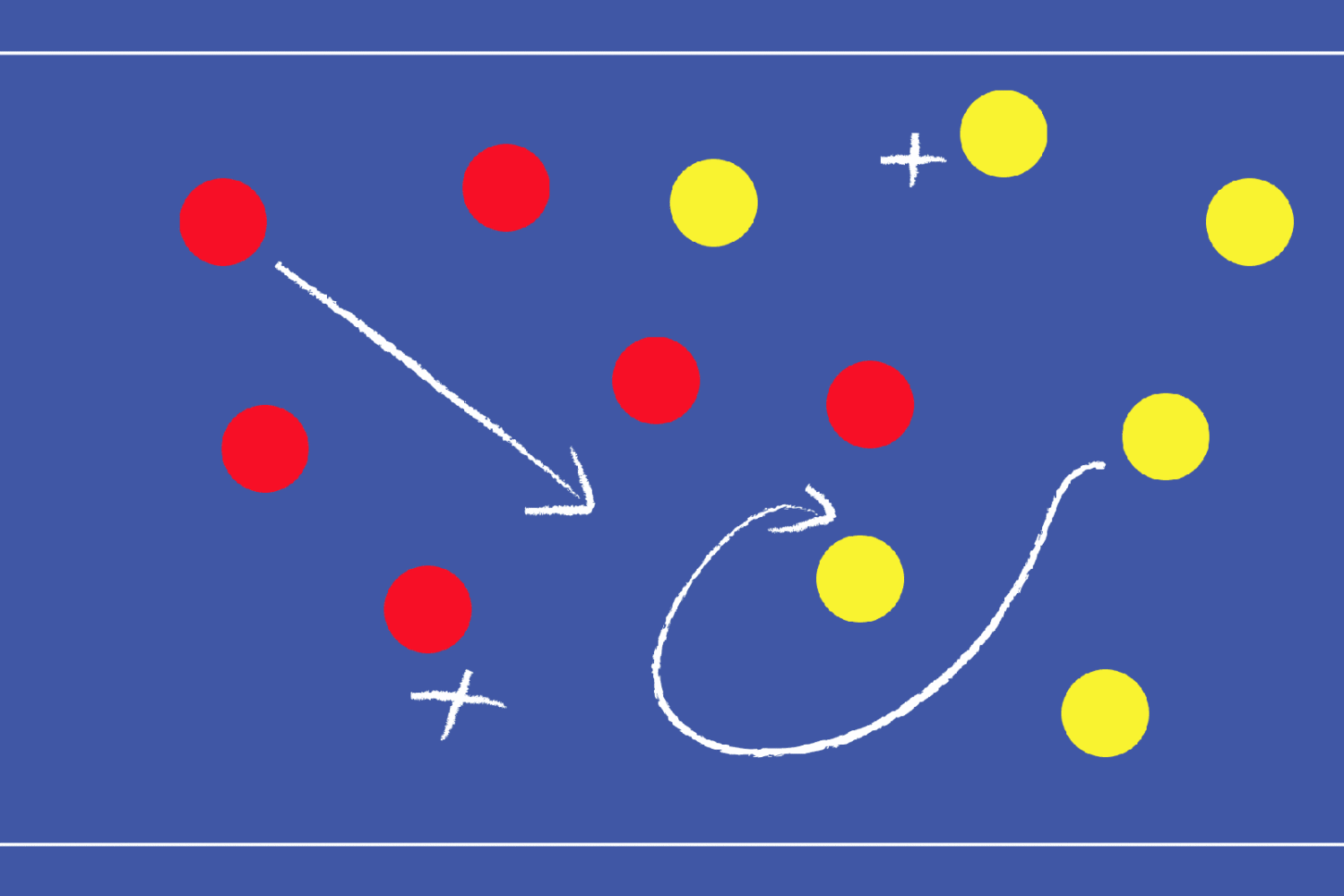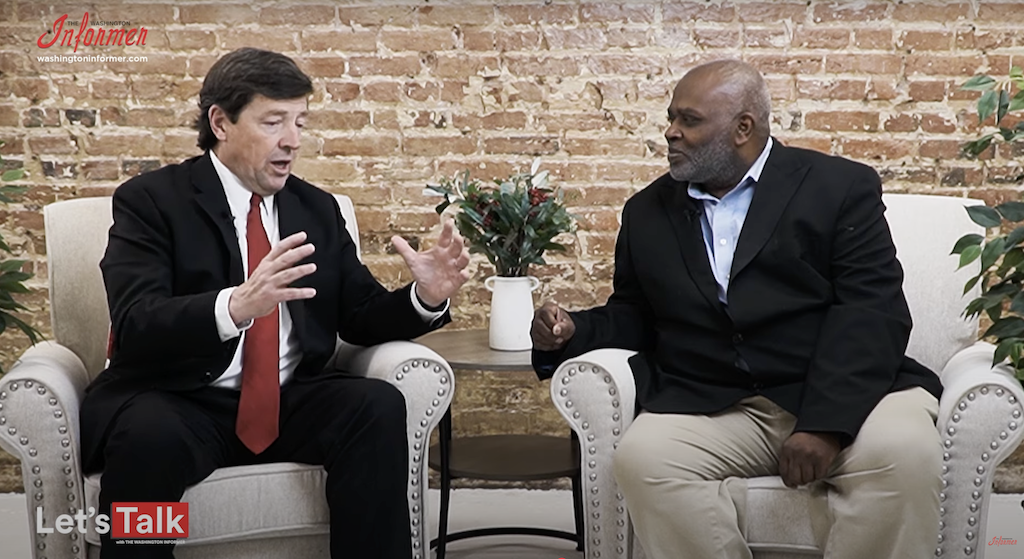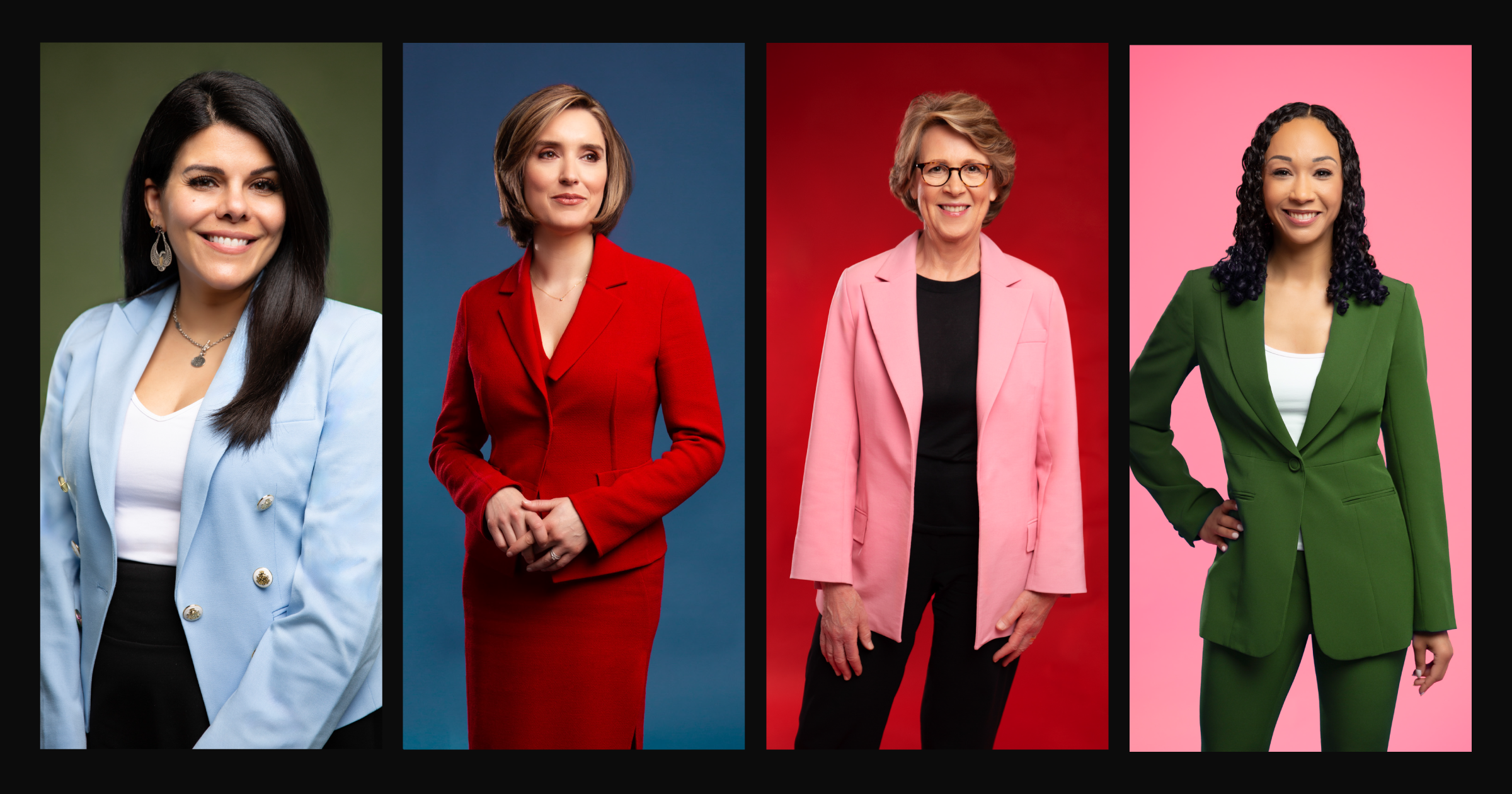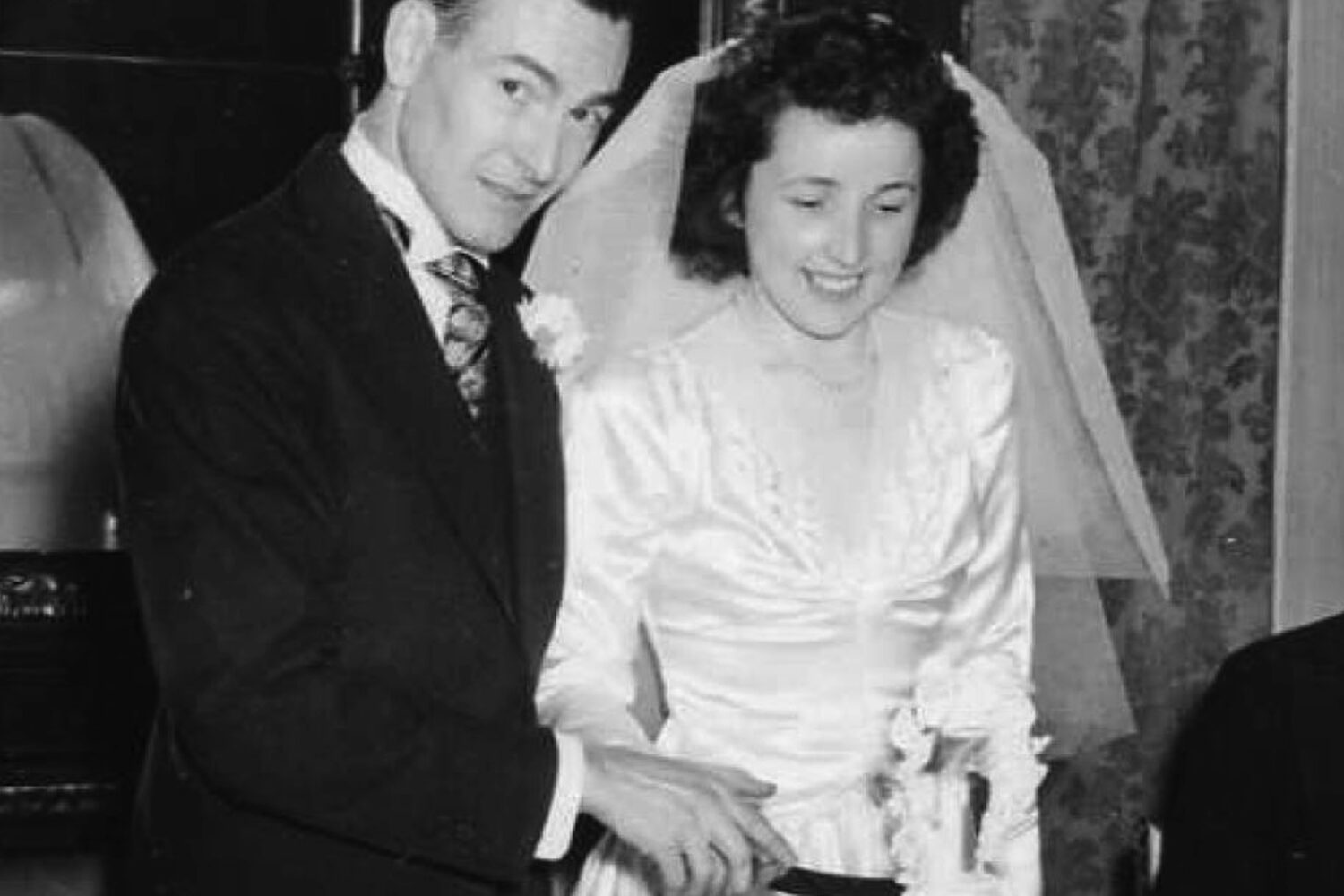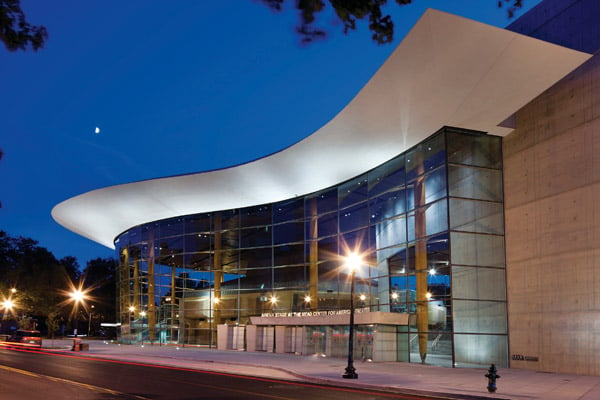Diehard DC United fans might want to reconsider before firing off a tweet or sharing a photo from the Robert F. Kennedy Stadium stands next season, if a contract the soccer club is asking season-ticket holders to sign is enforced as broadly as it is written. The contract, which the team sent out last month along with renewal notice, is nominally a prohibition against illicit broadcasts of games, but its vague language could be read to encompass every medium from video streaming down to chit-chat on internet message boards.
“You agree not to transmit, distribute, or sell (or aid in transmitting, distributing or selling), in any media any description, account, picture, video, audio or other form of reproduction of any DC United game or any surrounding activities for which your ticket is issued,” the contract reads.
While many fans who received the contract might have quickly scanned it, applied their electronic signatures, and sent it back, more lawyerly soccer buffs might object. That’s what Paul Levy, an attorney with the consumer-rights group Public Citizen—and a season-ticket holder since 1996—is advising his fellow United supporters to do until the team clarifies the ticket language.
“What I see is the language that says you can’t post a description of a game,” Levy says. “You can’t post images or video or audio of the game, which in theory means if you take a selfie, you can’t post that.”
Lindsay Simpson, a DC United spokeswoman, says Levy’s concerns are unfounded. The new contract language, the team says, is nominally about protecting the online video streams of its games, which air mostly on the Sinclair Broadcast Group’s WJLA and NewsChannel 8, with the remainder televised nationally by ESPN and Fox Sports 1. The 2014 contract Major League Soccer entered into with ESPN, Fox, and Univision also gives ESPN rights to the online streams of MLS clubs’ out-of-market games.
“The language is built in to protect those commercial interests,” Simpson says. She adds that she has personally told Levy as much. “The reason to send this out to our fans is part of our relationship, [to] clarify what the expectations are, what the exchange is between two parties.”
Simpson also says the form season-ticket holders were asked to sign is consistent with league policy—although a commenter on Levy’s blog writes that the agreement he received from the Portland Timbers did not contain the restrictive media language—and with those offered by teams in other professional leagues. The agreement United is asking season-ticket holders to sign is similar to the one the Washington Nationals are attaching to their 2017 season tickets: “By use of this ticket, the ticketholder agrees that: (a) he or she shall not transmit or aid in transmitting any information about the game or related activities to which it grants admission, including, but not limited to, any account, description, picture, video, audio, reproduction or other information concerning the game or related activities,” the baseball team’s terms and conditions read.
Levy isn’t buying it, nor should he. Read broadly, the contract could have a chilling effect on soccer fans’ First Amendment rights. “Any media” certainly would include Twitter, Facebook, comments sections on newspaper articles about United, or anywhere else fans might document their game-watching experiences. It would also block fans from taking photos and short videos of themselves at games and sharing them on social networks like Instagram, Vine, and Snapchat. And if team honchos don’t like what they see, they could, technically, sue their own fans.
“When things are broad and vague it gives you a lot of power to enforce things,” Levy says. “It guts criticism of the team, or criticism of opponents. The team can sue for contract violation. They could sue you for damages. Assuming this clause is in there. Is it enforceable? You can argue that if you hire lawyers to.”
The team counters that it has a robust social-media department that openly encourages spectators to tweet, snap, and share their fandom. “We have promos throughout the game encouraging fans to tweet photos of themselves at the game,” Simpson says. “People actually win prizes for it.”
But sports fans and media have been hounded in recent years by leagues guarding their intellectual property. In October 2015, Twitter accounts operated by Deadspin and SB Nation were briefly suspended after the NFL, the Big 12, Southeastern Conference, and Ultimate Fighting Championship complained to Twitter the accounts were sharing unauthorized video clips and GIFs of games and fights.
United’s season tickets for 2017 begin at $360 for members of the club’s official supporters’ groups. Until he gets a satisfactory answer, Levy—a member of the Screaming Eagles group—says he won’t sign and is advising his fellow fans to hold out as well, even if it means buying individual game tickets. (Day-of tickets may also have fine print, but Levy says that would be a more difficult contract to enforce.)
Levy says this whole conflict came about thanks to “thoughtless language inserted by lawyers.” Simpson, the team spokeswoman, says United’s lawyers are reviewing the season-ticket language to determine if there are any changes that could be made to mollify Levy’s concerns.

